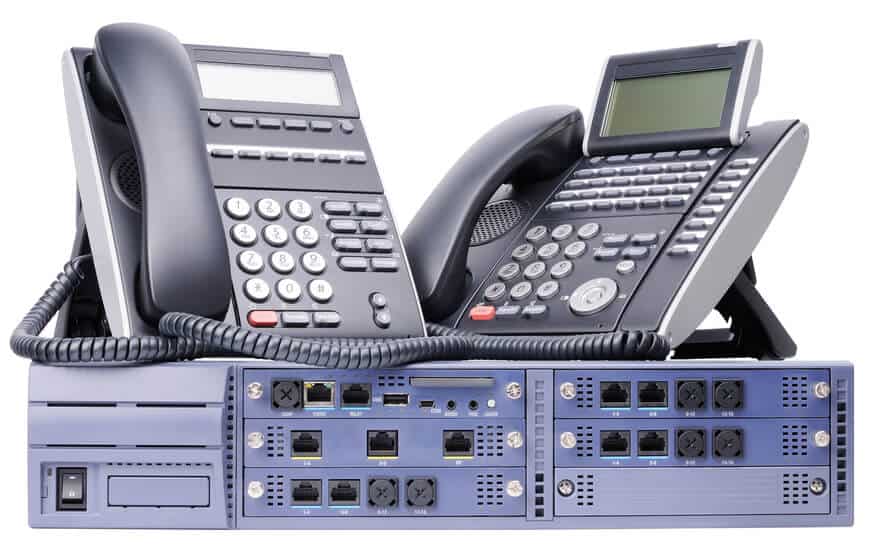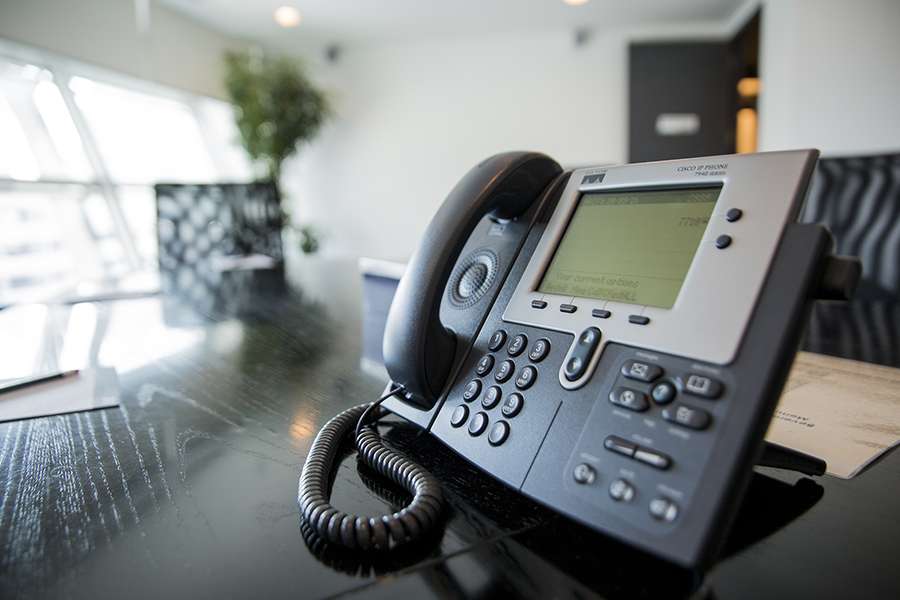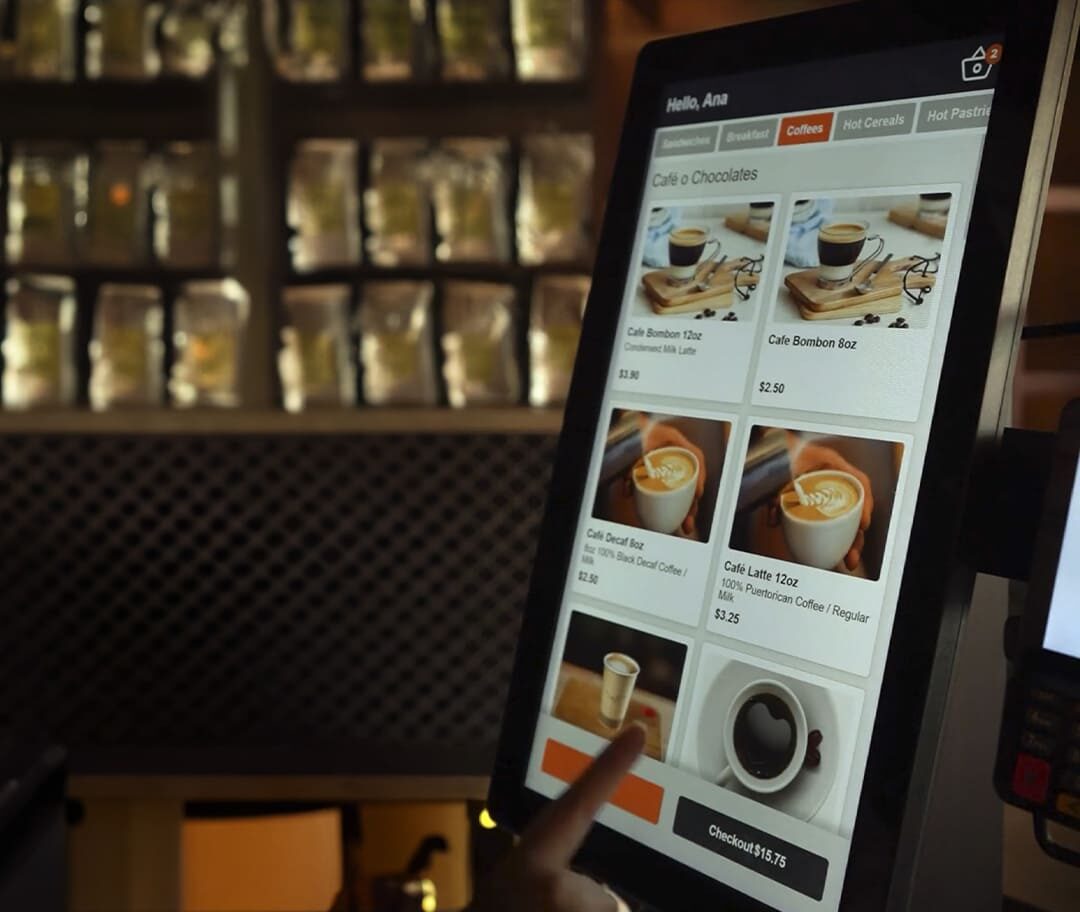IP Phones vs Analog Phones – ChoosinIP Phones vs Analog Phones – Choosing the Right Business SolutionIP
Unified communications as a viable business tool has progressed steadily and rapidly in the last few years as more and more businesses look to increase mobility and efficiency in the way information is exchanged. With this development, a multitude of devices and systems have been developed or improved upon to accommodate the changes in the way business is done. Good examples of such devices that are steadily being improved and developed are IP phones.

IP phones are widely varied – from soft-phones that can be run on your desktop or laptop, soft-clients that can be used with your mobile gadget such as phones or tablets, voice over Wi-Fi phones that operate through a wireless network and the IP phones commonly found on office desks. The analog phone does not have this kind of variety which gives IP phones the advantage when it comes to the range of options.
Many business owners have started utilising IP phones in their offices as well because of the mobility and ease of use they offer, not to mention the many additional features that help make the exchange of information more seamless and efficient. With IP phones, changing from desk to desk has never been easier. The need for reconfiguring the cabling has been done away with. With IP phones all you need to do is to move them to wherever you need to be without having to change your extension numbers or missing out on important calls. This is especially true with the voice-over Wi-Fi IP phones which work through the Wi-Fi network essentially making it a mobile landline which can be used from any location within the premises.
Over the course of the last few years, IP phones have started being seen as the default means of communication compared to when they were only used as backups to the standard analog phones. With more technological advances being discovered and made every day to IP phones, and as internet lines are increasingly becoming more stable than standard telephony network lines, the landscape of business communications will look to IP phones more to help shape the future of unified communications.











